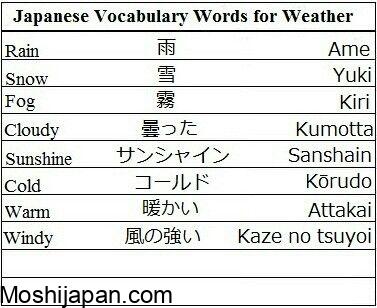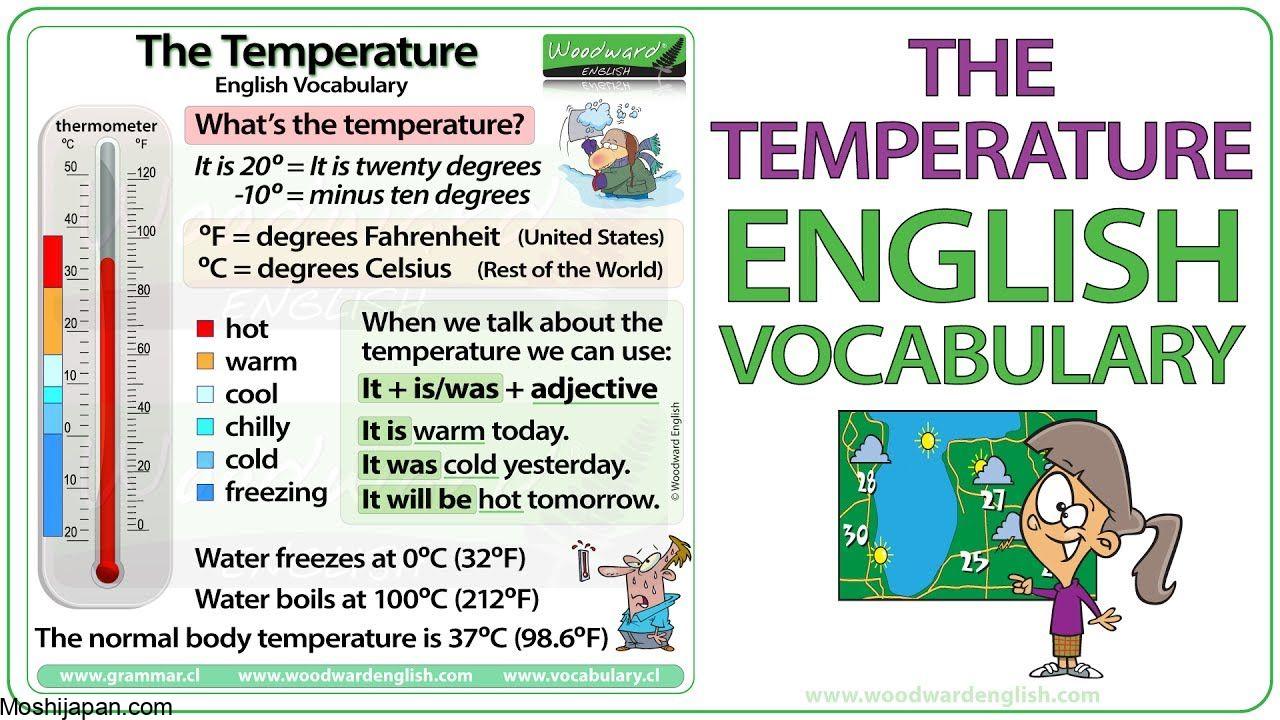How to Say “Hot” in Japanese – Words to Describe Temperature
When it comes to learning a new language, especially one as rich and intricate as Japanese, mastering the vocabulary for describing temperature is a crucial step. Whether you’re planning a trip to Japan, trying to impress your Japanese-speaking friends, or simply expanding your linguistic horizons, understanding how to convey the concept of “hot” in Japanese can be both fun and practical. In this article, we’ll delve into various Japanese words and phrases to express temperature-related sensations. So, let’s embark on this linguistic journey to uncover how to say “hot” in Japanese!
The Basics: “Hot” in Japanese

- Atsui (暑い): This is the most common and straightforward word for “hot” in Japanese, used to describe warm or hot weather. For instance, you might say, “今日はとても暑いですね” (Kyou wa totemo atsui desu ne), which means “Today is very hot, isn’t it?”
- Netsu (熱): While “atsui” refers to the weather, “netsu” is used to describe physical heat or a high body temperature. If you’re feeling unwell and want to convey that you have a fever, you can say “熱がある” (Netsu ga aru), meaning “I have a fever.”
Describing Intense Heat

H1: Searing Heat
- Shakunetsu (灼熱): When the heat is scorching and intense, “shakunetsu” is the word to use. It paints a vivid picture of blistering temperatures that might make you seek shade.
- Mōmō (猛猛): “Mōmō” is an informal expression used to describe extreme heat, akin to saying “sweltering” in English.
H2: Hotter Than Hot
- Rekka (烈火): For temperatures that are so hot they feel like raging flames, “rekka” is the word to choose. It’s an intense way to convey extreme heat.
- Gōnetsu (剛烈): Similar to “rekka,” “gōnetsu” also signifies extreme heat but with an added emphasis on its fierceness.
Describing Mild Heat

H3: Comfortably Warm
- Nukumori (温かさ): When you want to describe a gentle and comforting warmth, “nukumori” is the perfect word. It’s often used to express the warmth of a cozy blanket or the sun’s rays.
- Atatakai (暖かい): “Atatakai” is a versatile term for warmth, which can range from a pleasant, lukewarm sensation to mild heat.
H4: Lukewarm
- Nurui (ぬるい): When something is lukewarm, like a cup of tea that has cooled down a bit, you can use “nurui.”
- Nibiiro (鈍色): This word refers to a dull or tepid color and can be extended to describe mild temperatures.
Additional Phrases

- Taiyō no netsu (太陽の熱): Literally meaning “heat of the sun,” this phrase conveys the scorching heat of direct sunlight.
- Kōnetsu na hi (高熱な日): Use this phrase to talk about a day with exceptionally high temperatures.
Exploring More on Moshijapan.com

If you’re eager to discover more about the Japanese language and culture, don’t forget to explore the Blog section of Moshijapan.com. They provide the latest updates and insights on various topics, including how to say “hot” in Japanese – words to describe temperature. Follow Moshijapan.com to dive deeper into this fascinating language.
In conclusion, expressing the concept of “hot” in Japanese is not limited to a single word; it’s a nuanced experience that depends on the context and intensity of the heat. From “atsui” for warm weather to “shakunetsu” for scorching heat, the Japanese language offers a rich tapestry of words to describe temperature sensations. So, the next time you find yourself in a sizzling situation or simply want to chat about the weather in Japanese, you’ll be well-prepared.
key words
- learn japanese in 90 days 2024
- japanese in use everyday
- japanese for to day
- how to say i love you in japanese



0 Comments